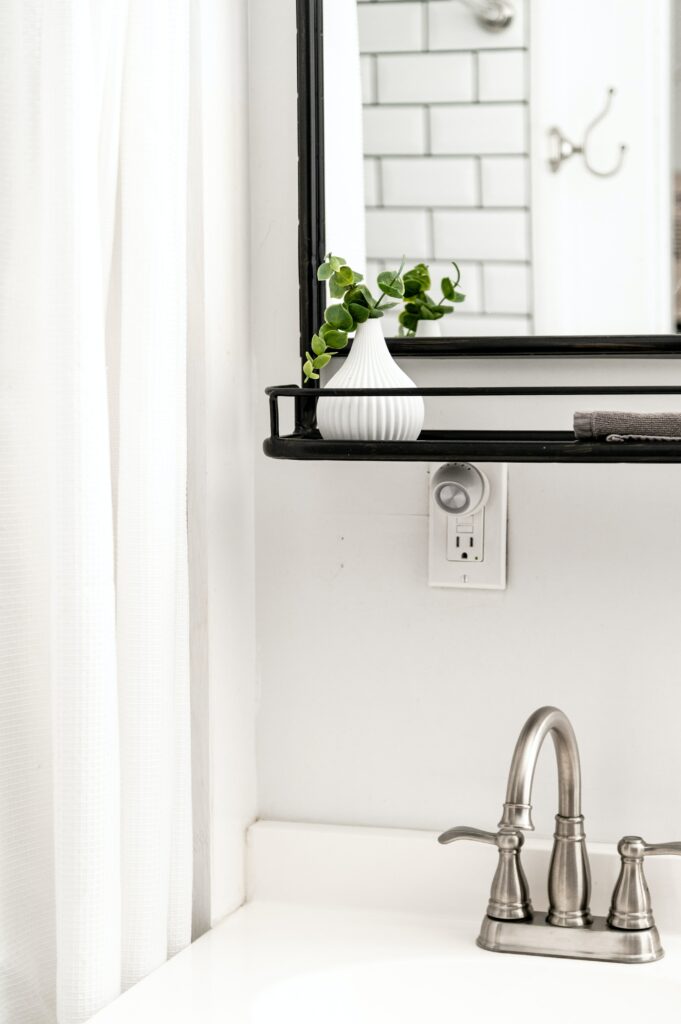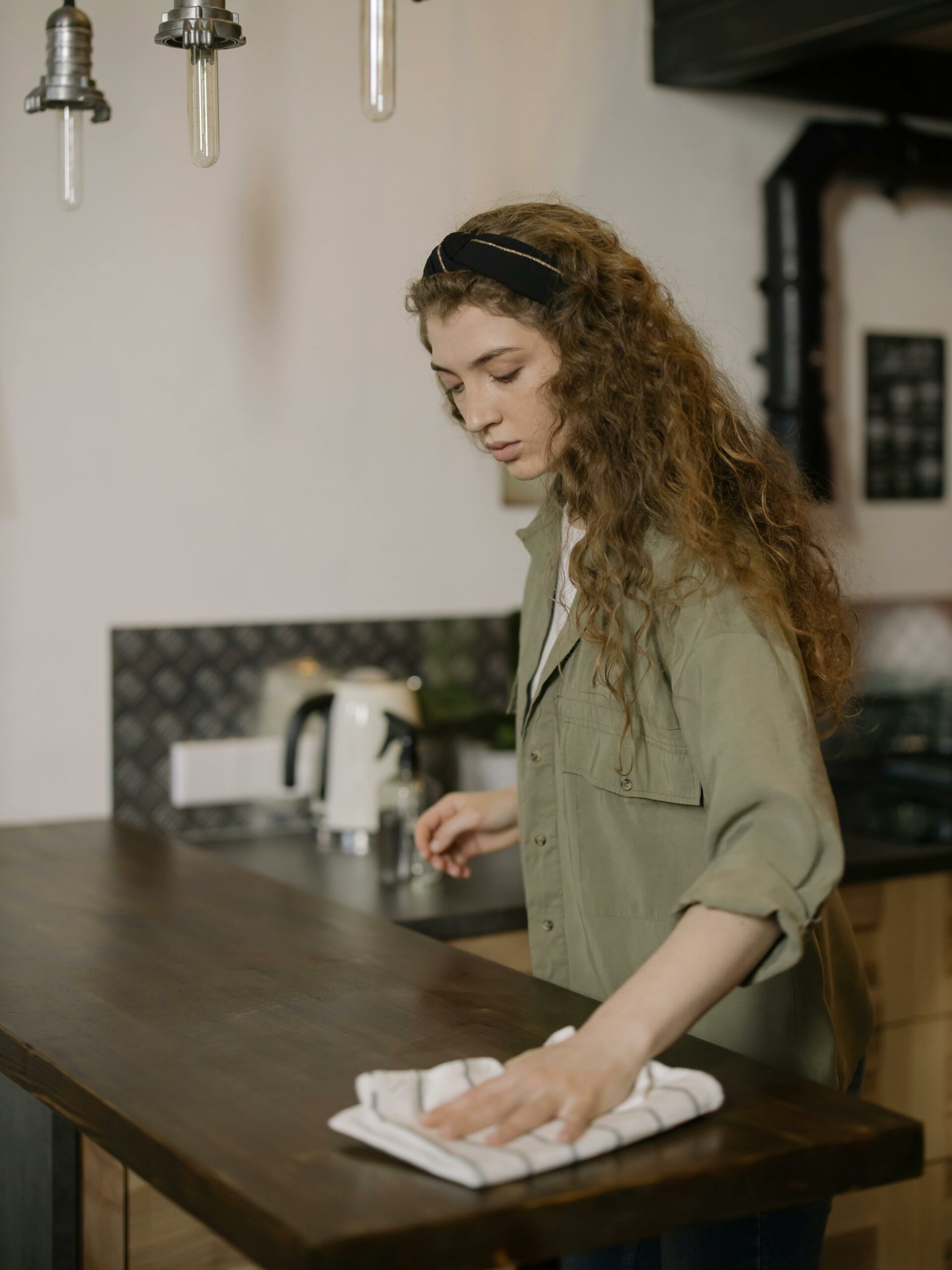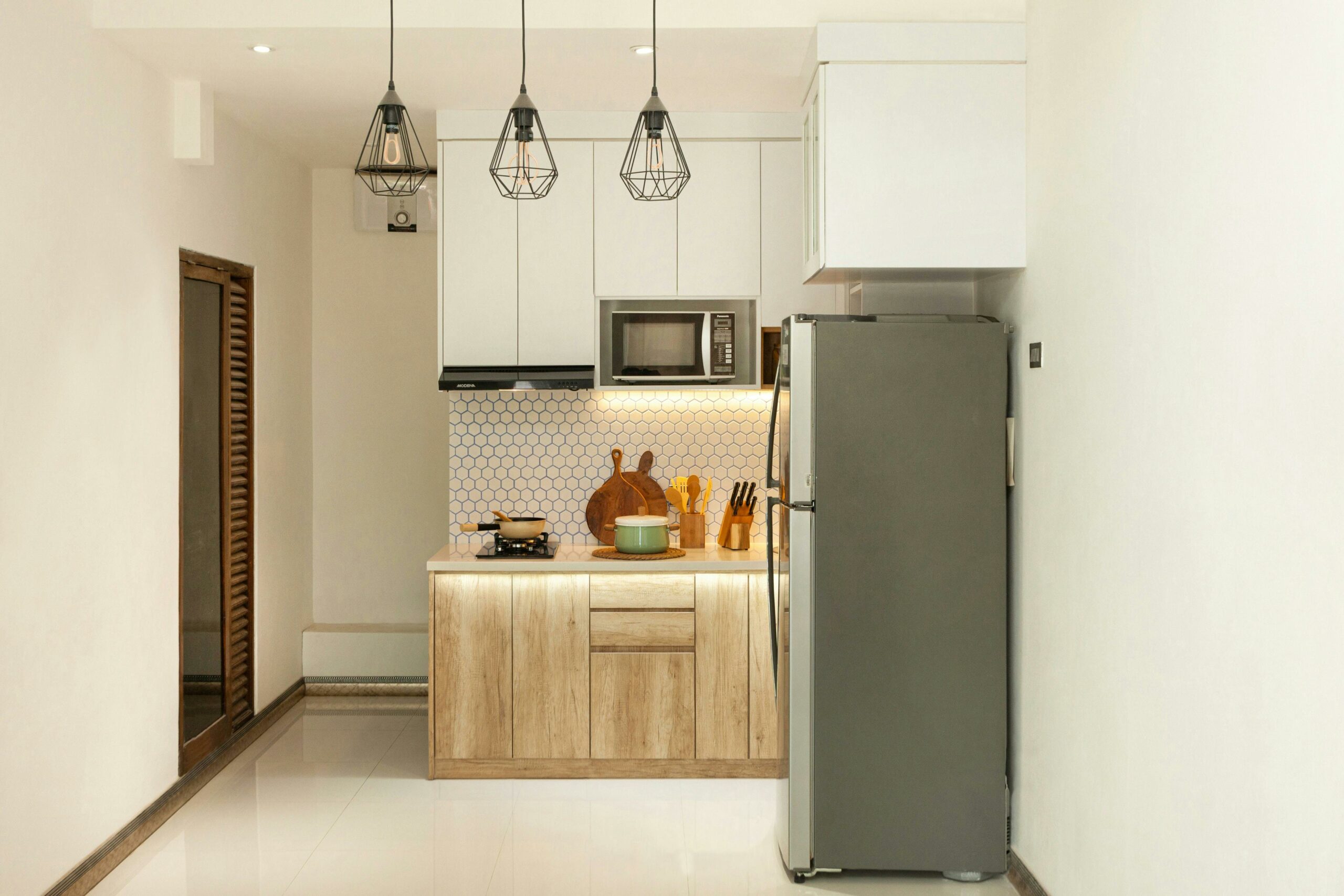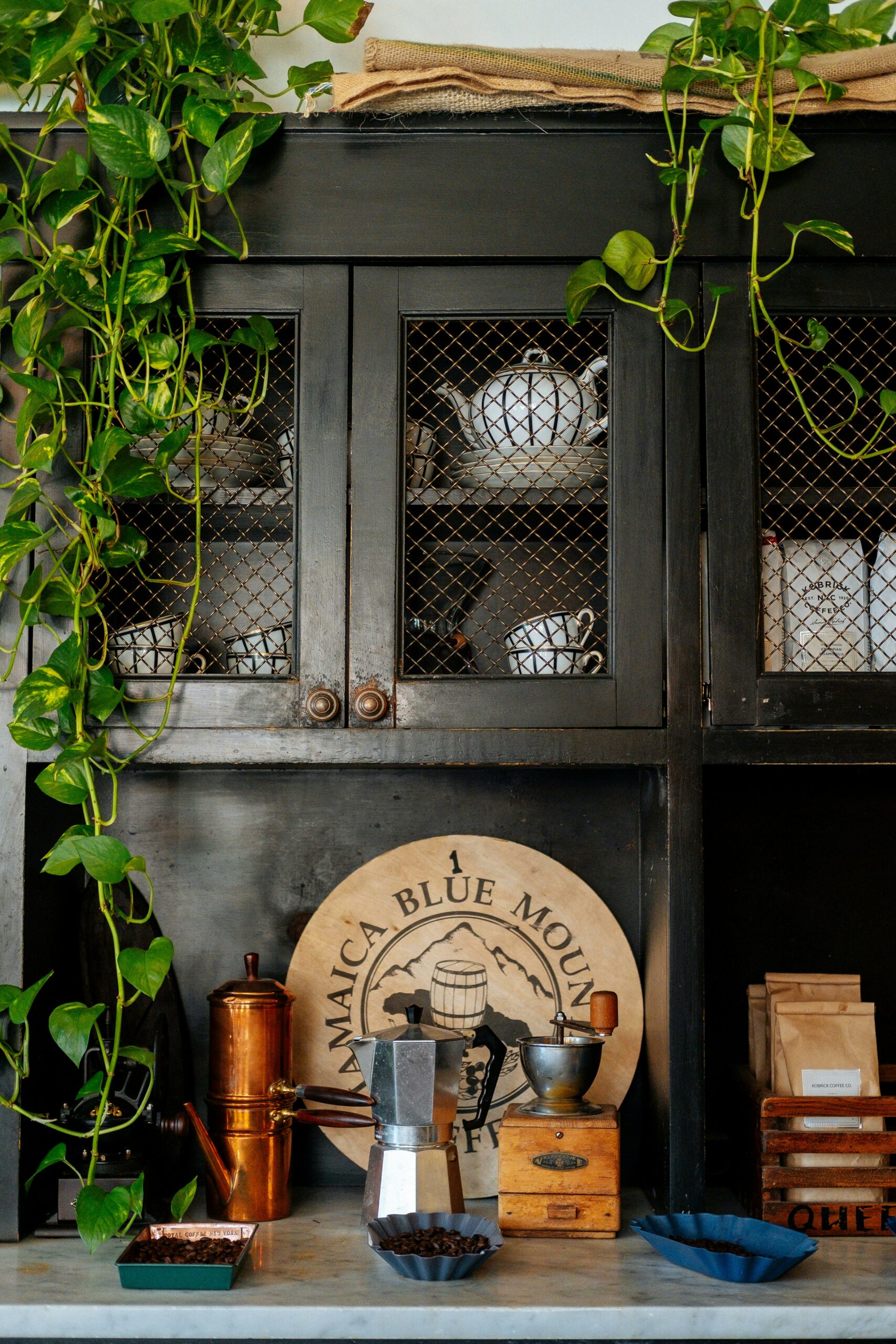When it comes to finding a reliable plumber, it can be a daunting task. Plumbing issues can cause significant damage if not addressed promptly, and you want to ensure that you are hiring a professional who knows what they’re doing.
In this article, we will provide ten valuable tips for finding a good plumber, as well as discuss common plumbing problems that may require a professional’s assistance.

10 Tips for Finding a Good Plumber
Here are ten helpful tips for finding a good plumber:
1. Check Their Credentials
A reliable plumber should have a license and insurance. The license ensures that they have passed the necessary tests and have the required skills to work as a plumber.
Insurance covers any damage that may occur during the repair or installation process.
2. Look for Experience
The more experience a plumber has, the more likely they are to be good at their job. Look for a plumber who has been in the industry for a while and has a solid track record.
3. Check for References
Ask for references from the plumber and call them to verify their work. This is a great way to gauge their experience and professionalism.
4. Check for Warranties and Guarantees
A reputable plumber should offer warranties and guarantees for their work. This shows that they stand behind their work and are confident in their abilities.
5. Consider Their Availability
Plumbing emergencies can happen at any time. A good plumber should be available 24/7 to handle any emergency plumbing needs.
6. Look for Upfront Pricing
A trustworthy plumber should be transparent about their pricing. They should be able to provide you with a detailed estimate of the work that needs to be done, including any potential additional costs. This helps you avoid surprises when it comes to the final bill.
7. Check for Communication Skills
An excellent plumber should be able to communicate effectively with their clients. They should be able to explain the problem and the solution in a way that the client can understand.
8. Look for Good Customer Service
A good plumber should treat their clients respectfully and provide excellent customer service. They should be responsive to any questions or concerns the client may have.
9. Check for Cleanliness
A professional plumber should keep their work area clean and tidy. They should also clean up after themselves once the job is done.
10. Consider Their Reputation
Lastly, consider the plumber’s reputation in the community. Look for online reviews and ask around for recommendations from friends and family.
Common Plumbing Problems that Require a Professional Plumber
Plumbing is an essential part of any home or building. However, several common plumbing problems require the expertise of a professional plumber. Here are some issues that you may encounter:
1. Leaky Faucets
One of the most common plumbing problems is a leaky faucet. Not only is the sound of a dripping faucet irritating, but it can also lead to higher water bills and wasted water.
The most common cause of a leaky faucet is a worn-out washer. In many cases, a professional plumber can quickly fix this problem.
2. Running Toilets
Another common plumbing problem is a running toilet. A running toilet can waste a lot of water, leading to higher water bills.
The most common cause of a running toilet is a faulty flapper valve. To fix this problem, turn off the water supply to the toilet, remove the tank lid, and check the flapper valve. If it is worn out or damaged, consulting with a professional plumber is advisable.
3. Clogged Drains
Clogged drains are a common problem in kitchens and bathrooms. They can be caused by various factors, including hair, soap, and food particles.
While you can try using a plunger or a drain snake to fix a clogged drain, sometimes calling a plumber for a more potent solution like hydro-jetting is necessary.
4. Low Water Pressure
Low water pressure is a common plumbing problem that can be caused by various factors, including mineral buildup in pipes, leaks, or faulty fixtures.
While cleaning the aerator on the affected faucet or showerhead can fix minor issues, if the problem persists, consult a plumber to diagnose and fix the issue.
5. Water Heater Problems
Water heaters can develop problems over time, such as leaks, sediment buildup, and malfunctioning heating elements. If your water heater is leaking, turn off the power supply and call a plumber immediately.
If you’re experiencing other issues with your water heater, such as a lack of hot water, professional assistance may be needed for a replacement or repair.
6. Frozen Pipes
In colder climates, frozen pipes can be a common problem. When water freezes inside pipes, it can cause the pipes to burst and lead to significant water damage.
To prevent frozen pipes, keep your home or building heated and insulated and keep faucets dripping. If you suspect that your pipes are frozen, call a professional plumber for assistance.
In conclusion, finding a good plumber is crucial for addressing common plumbing problems in a timely and efficient manner. Remember to check for credentials, experience, communication skills, customer service, and reputation when searching for a reliable plumbing professional.
Don’t wait until a small problem becomes a major issue; invest in regular maintenance and inspections to keep your plumbing system in excellent working condition.






